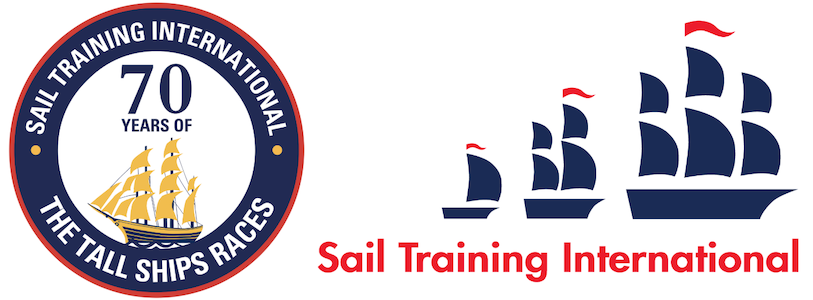Fleet arrives in paradise
The Bay of Islands must be one of the most beautiful cruising areas in the world, and after some epic racing across the Tasman Sea, the results of the Sydney Auckland Regatta are as follows:
1st Europa
2nd Tecla
3rd Spirit of New Zealand
Oosterschelde (Netherlands) decided to retire before the amended Time Limit after making Cape Reinga. She joins Young Endeavour, PIcton Castle and Lord Nelson – who also retired.
Some of the fleet ship are expected to leave Opua on Sunday 20 or Monday 21 October and head down to the spectacular Great Barrier Island before reaching Auckland on Friday 25 October, lead by the local vessel Spirit of New Zealand.
Meanwhile the welcome the fleet has had in Opua has been fantastic and crews had the honour of attending a Pwhiri at Russel.
A MÛori welcome on to a marae is a pwhiri (or phiri). Marae are not the only places where pwhiri take place – pwhiri can happen anywhere that hosts (tangata whenua) wish to formally greet a group of visitors (manuhiri).
A Pwhiri (or phiri)
MÛori is the language used during pwhiri. While pwhiri may vary according to the occasion and the tribal area, MÛori language still guides pwhiri. It includes the following steps:
Karanga is a unique form of female oratory in which women bring a range of imagery and cultural expression to the first calls of welcome (and response) in the pwhiri.
Whaikrero or formal speech making follows the karanga. Some of the best MÛori language orations are given during pwhiri when skilled speakers craft the language into a series of verbal images. The protocols for whaikrero during pwhiri are determined by the kawa (practices) of the marae or local iwi if the pwhiri is not held on a marae.
A waiata or song is sung after each whaikrero by the group the orator represents. It is common to hear traditional waiata during pwhiri.
Koha – a gift, generally an envelope of money, is laid on the ground by the last speaker for the manuhiri (visitors). A local kuia (female elder) may karanga as an expression of thanks. A male from the tangata whenua will pick up the koha.
Hongi – the pressing of noses signifies the joining together of tangata whenua and manuhiri. Tangata whenua invite the manuhiri to come forward to shake hands (hariru) and hongi.
HÛkari – the feast, a meal is then shared. This usually signifies the end of the pwhiri.
Captains log from Picton Castle (Canada)
Friday 18 October 2013: Sailing towards the Land of Clouds
Ahead in the east the rosy loom of a sun below the horizon is fading the stars out of the sky – except for the Southern Cross and its pointer stars. These points of light in the deep, dark blue sky above the growing morning on the starboard seem to drift or hang over this new land, lingering on somehow. What appears to be a large slumbering whale is revealing itself to be the North Cape of New Zealand. We are making our landfall at the äóìLand of Cloudsäó on Picton Castle at dawn.


